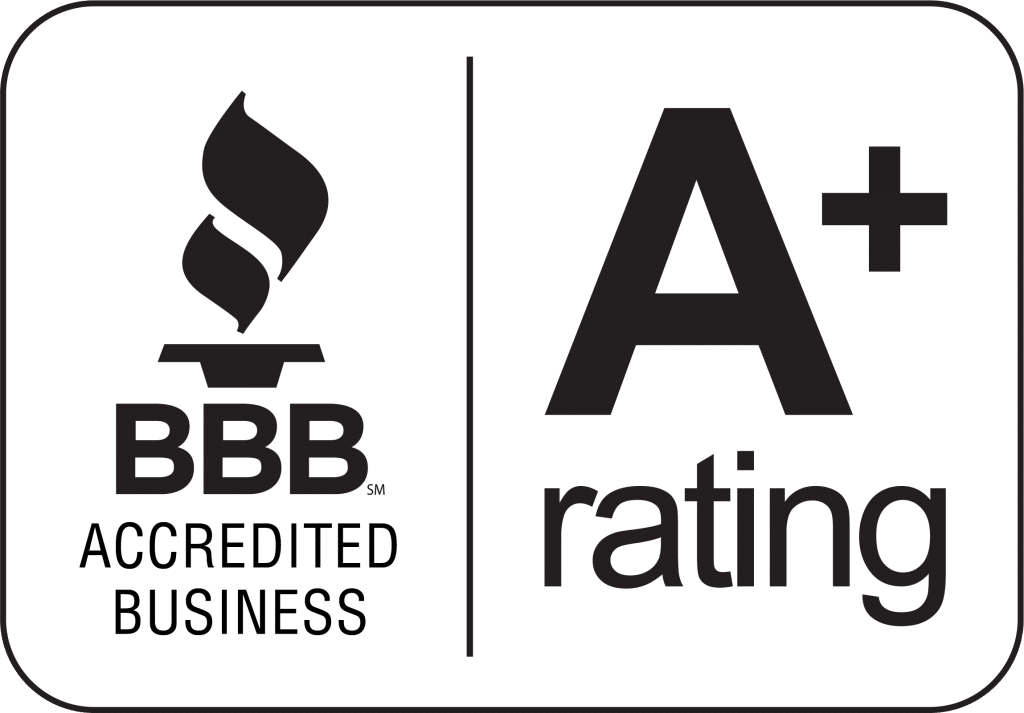Nonprofit Insurance
Protect your small business with commercial insurance.
"*" indicates required fields
Why Orr and Associates?
- 24/7 Certificates of Insurance
- AM Best A+ Rated Insurance Carriers
- In Business Since 1996
- A+ BBB Rating
Top Rated Insurance Carriers








Why is Insurance Important for a Nonprofit Business?
As a nonprofit organization, having insurance is important to protect your organization, board members, volunteers, employees, and the people you serve. While the specific insurance needs may vary depending on the nature of your nonprofit, here are some common types of insurance coverage to consider:
1. General Liability Insurance: General liability insurance provides coverage for bodily injury, property damage, or personal injury claims that may arise during the course of your nonprofit’s operations. It protects your organization against potential liability claims from third parties, such as visitors, participants, or beneficiaries of your programs.
2. Directors and Officers (D&O) Liability Insurance: D&O liability insurance protects your nonprofit’s board members, officers, and directors from claims alleging wrongful acts, errors, or omissions in their managerial or decision-making roles. It helps cover legal defense costs, settlements, or judgments arising from lawsuits brought against the organization’s leadership.
3. Professional Liability Insurance (Errors and Omissions Insurance): Professional liability insurance, also known as errors and omissions (E&O) insurance, is important for nonprofits that provide professional services or advice. It protects against claims of negligence, errors, or omissions in the services provided by your nonprofit’s professionals or volunteers.
4. Property Insurance: Property insurance protects your nonprofit’s physical assets, such as buildings, equipment, and supplies, against perils like fire, theft, or natural disasters. It helps cover the costs of repairing or replacing damaged property, ensuring your organization can continue its operations.
5. Cyber Liability Insurance: Cyber liability insurance provides coverage for data breaches, cyberattacks, or unauthorized access to sensitive information held by your nonprofit. It helps cover the costs of managing a data breach, including legal expenses, notifying affected individuals, credit monitoring services, and potential liability claims.
6. Workers’ Compensation Insurance: If your nonprofit has employees, workers’ compensation insurance is typically required by law in most jurisdictions. It provides benefits to employees who suffer work-related injuries or illnesses. Workers’ compensation insurance covers medical expenses, disability benefits, and lost wages for employees, reducing your organization’s liability in case of workplace accidents or occupational illnesses.
7. Volunteer Insurance: Volunteer insurance provides coverage for volunteers working on behalf of your nonprofit. It helps protect volunteers from potential liability claims and provides benefits for injuries or accidents that may occur during their volunteer activities.
The specific insurance needs of your nonprofit may vary based on your activities, programs, and risks involved. It’s important to consult with an insurance professional who specializes in nonprofit insurance to assess your organization’s specific needs and determine the appropriate coverage. They can help tailor insurance policies to match the activities and potential risks of your nonprofit, ensuring comprehensive protection for your organization and stakeholders.
Ways to Start Coverage

Compare Quotes Online
Use our easy online application to enter your information and get personalized business insurance quotes from multiple top A-rated carriers.
What our happy customers are saying
Get the best insurance in town
"*" indicates required fields

